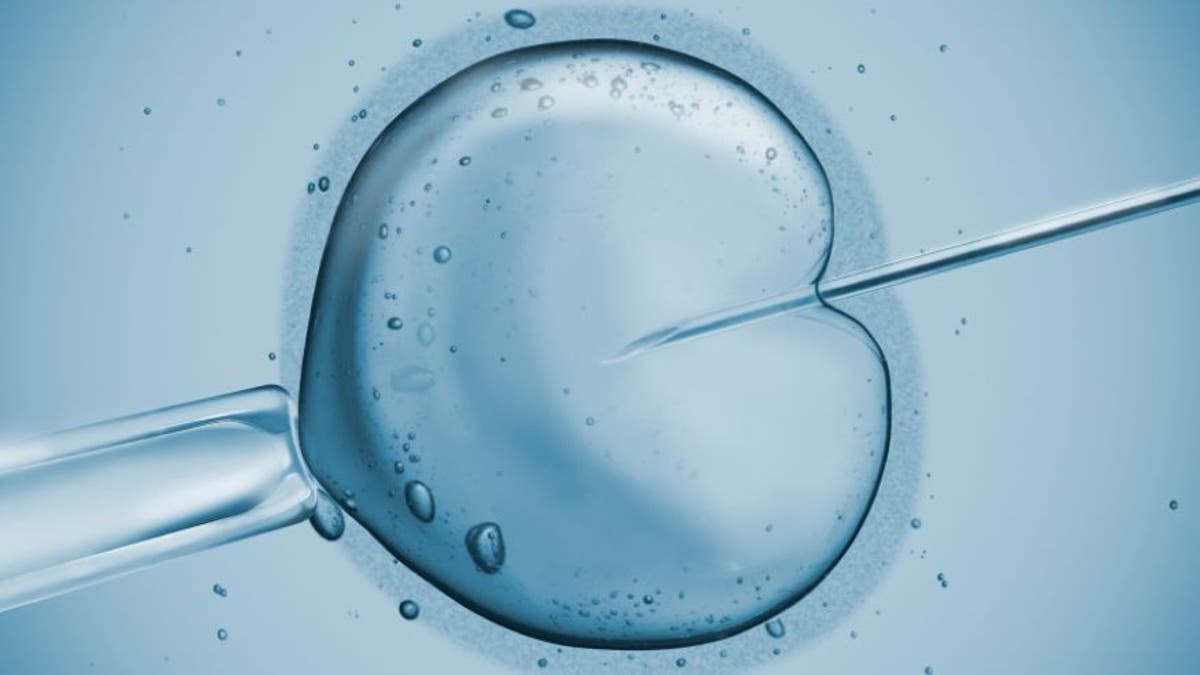
If there were ever a script for the writers of “Modern Family” to consider taking on, it’s the story of the Watts family in Tennessee, who after two successful twin pregnancies through in vitro fertilization, are using social media in the hopes of finding another couple struggling with infertility to “adopt” their six unused, frozen embryos. The adoption however, comes with a proviso: The adoptive parents must be open to the idea of a large family, agreeing to take all six embryos, and also be open to communication and meetings with the Watts’ so that the siblings can grow up knowing each other.
Now I have to say, that even for me, who is usually pretty sure on what the right thing to do is, I’m a little startled by this. First, I give kudos to the Watts family for giving another couple the chance to have children and for not destroying their unused embryos. I do believe in the sanctity of life and that families who have difficulty conceiving should be given all the opportunities in the world, including adoption.
What I am unsure about is what the psychological impact on the adopted embryo children will be as they grow up in a separate home from their four other biological siblings. What will the adopted children think of their biological parents? These are certainly big issues to consider, and I hope that both families will be sensitive to them and even seek professional counseling to prevent other potential issues from arising.
On a separate note, from a medical professional standpoint, this is another component of IVF that doctors must deal with. Many IVF institutes around the country fail to properly monitor the number of embryos that they fertilize. As a result, we continue to see couples who have successful pregnancies through IVF struggling with the decision of what to do with their leftover embryos.
I know of stories where parents have been notified that the laboratory where their frozen, unused embryos are being stored is closing down, and some clerk they’ve never met is asking them what they want to do with the embryos. Unfortunately, parents in this situation are forced to make quick decisions, which sometimes, they are not prepared to make.
So, as we follow the story of the Watts family in Tennessee, while I hope that I can get some opinions from all of you on this situation, I also hope it serves as a word of caution for couples considering IVF treatments – that they consider some of the important decisions they may face down the road, especially if they have many fertilized embryos, so they can make the best decision for their family.
